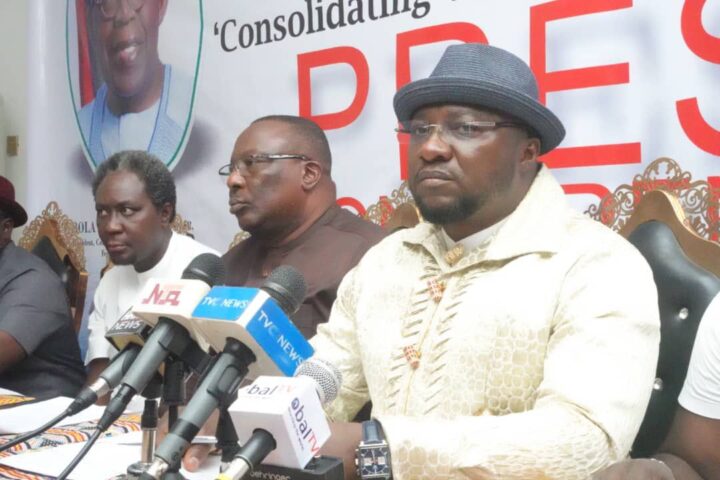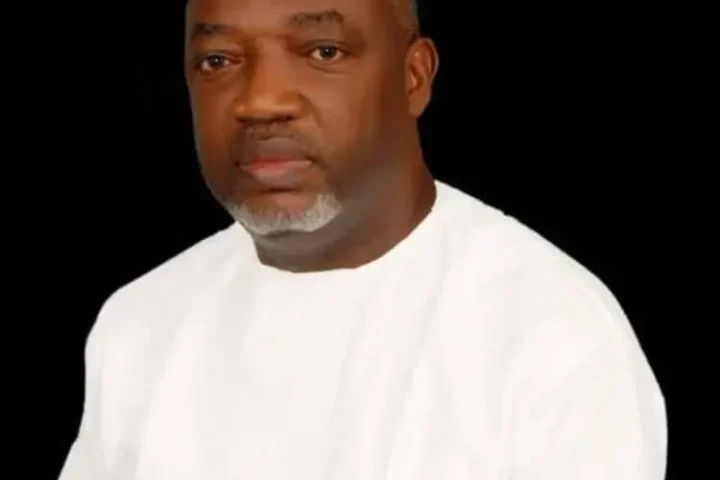The Diabetes Association of Nigeria, has raised the alarm that 90% of Nigerians currently living with diabetes are unaware.
Chairman of the association in Ondo state, Dr. Adenike Enikuomehin, who raised the alarm in Akure, the Ondo state capital, has therefore warned that they are at risk of serious complications.
According to her “Majority of the people with diabetes don’t even know they have diabetes, and if they know, majority don’t come to the hospital till when the complication of diabetes had set in.
Read more: Biafra can exist now, North has crude oil now– IPOB
” many are not aware of the dangers of late detection of diabetes hence the need for intensive advocacy.
“More than 500 million people world wide have diabetes and every six seconds, somebody die because of diabetes.
Enikuomehin, who during a sensitization visit to Fiwasaye Girls Grammar School, Akure, to commemorate this year’s World Diabetes Day with the theme
‘Education to Protect Tomorrow’, said that late detection of health issues, particularly diabetes often results in avoidable complications
“Diabetes comes with symptoms of excessive urination, weight loss. But most people present with symptoms of complications.
“They can come with diabetic foot ulcer, painful sensation in the leg, erectile dysfunction, palpitation, heart attack, poor eyesight.
She pointed out that it is imperative for Nigerians to embrace regular health checks even when they have no symptoms.
The health expert urged medical personnel to raise awareness on the growing burden of diabetes to halt mortality arising from the disease.
Read more: Sanwo-Olu advocates input of electricity bill in states
Enikuomehin, also highlighted the risk factors associated with diabetes to include family history of diabetes, overweight, unhealthy diet, physical inactivity, age, high blood pressure and a history of gestational diabetes.
Speaking on the sensitisation visit to the school, she said that “We decided to go to girls secondary school this year because the girls are our mothers and they are our protectors.
“They are the ones that can ask the parents if they had taken their drugs, done exercise.
“They can even talk to their parents on the need to regularly check their blood glucose. Early in life they will know what diabetes is and be able to identify any symptoms of diabetes.







